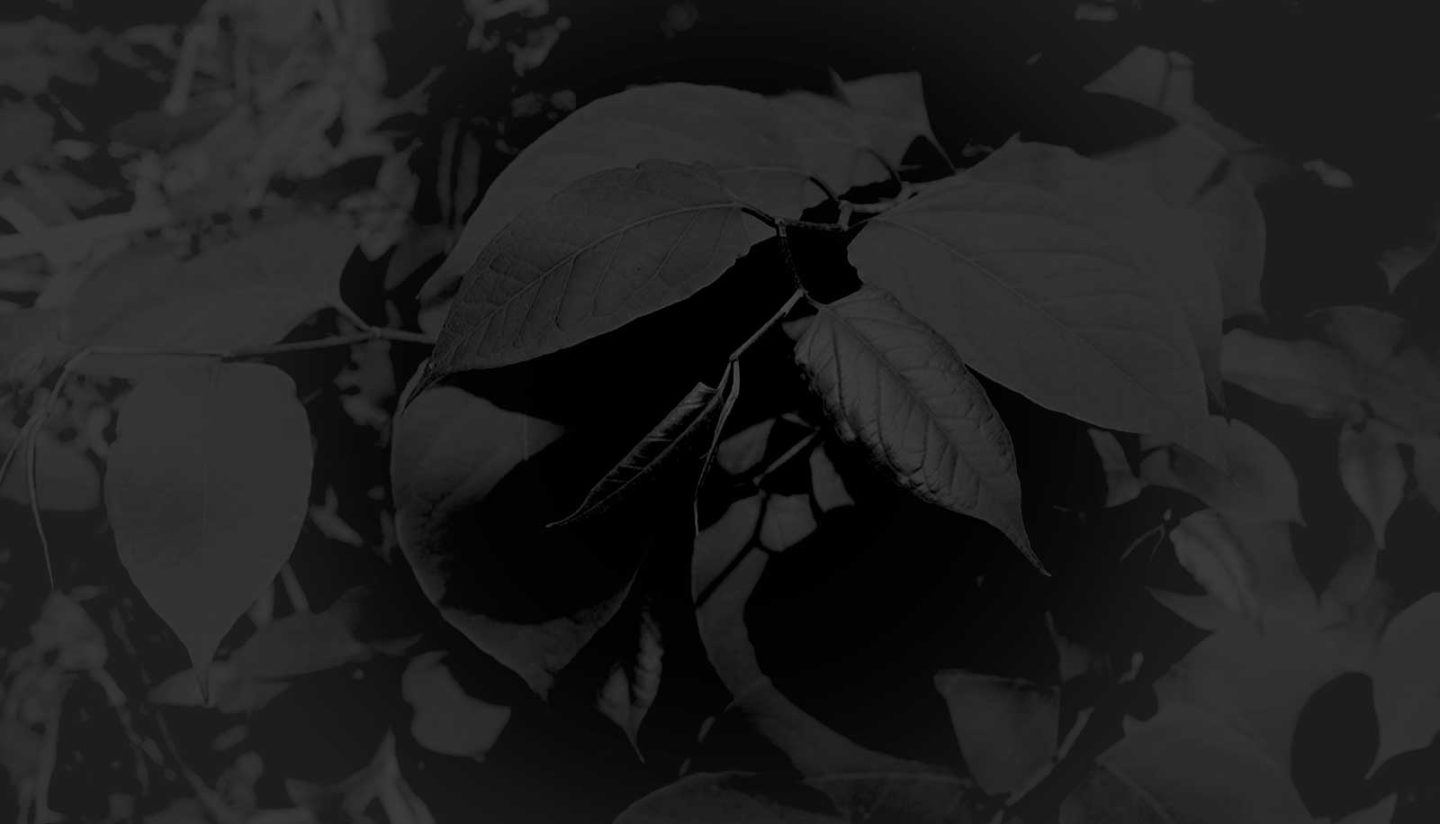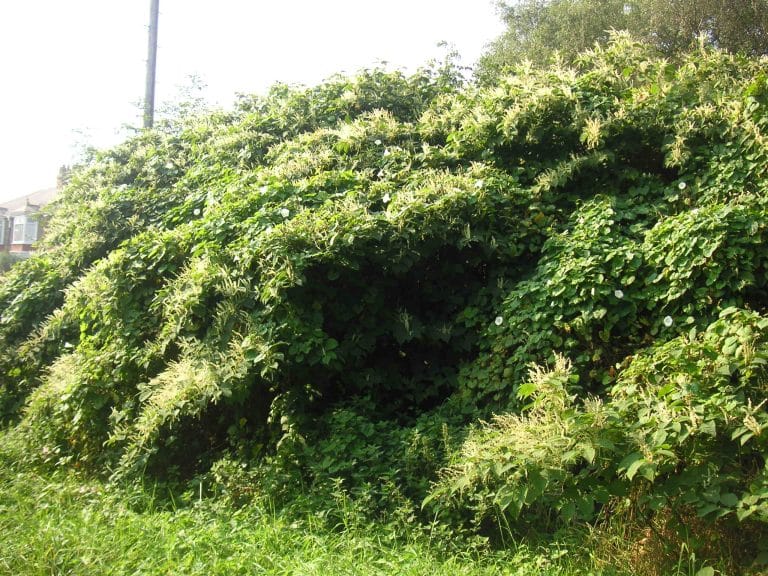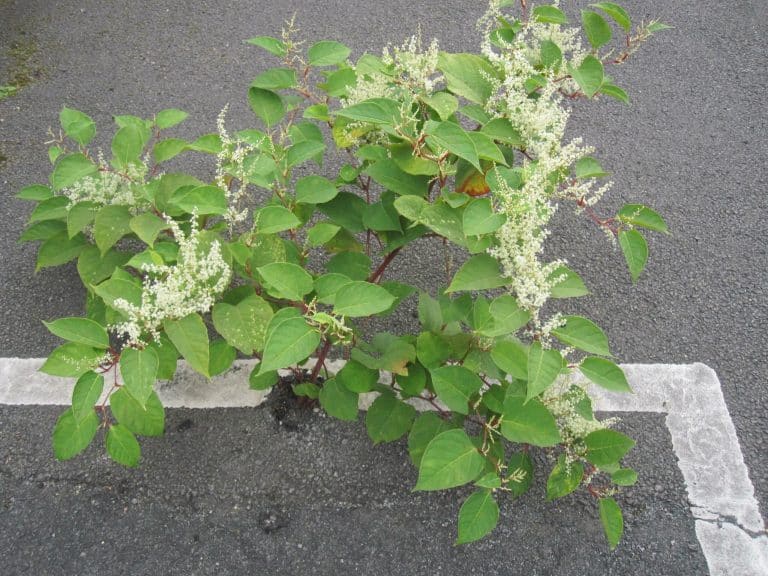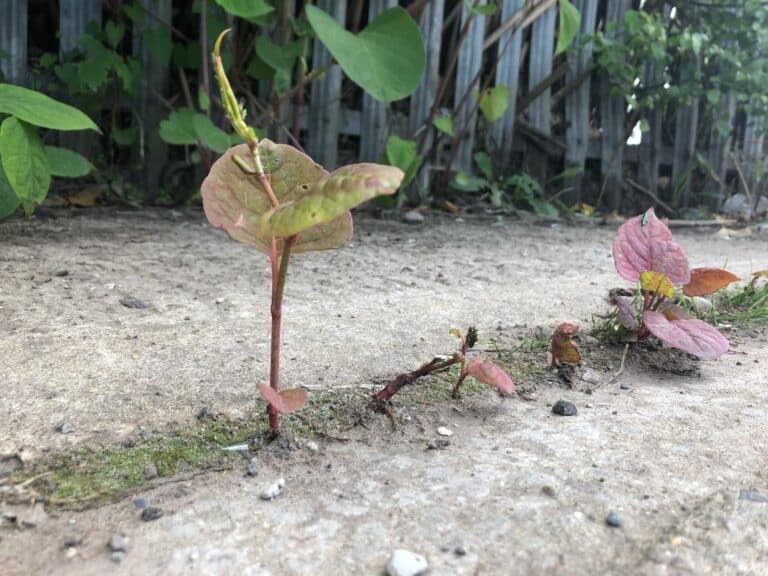JAPANESE KNOTWEED RESPONSIBILITY

0161 723 2000
8AM to 5PM

Japanese knotweed has been a menace to businesses, homes and land owners across the UK, increasing the need for more accountability and legal guidelines surrounding its containment. The naturally occurring weed spreads fast, with the help of pervasive underground rhizomes that are capable of damaging concrete and tarmac and sucking the life from surrounding vegetation.
Various legal implications have been put in place to control the spread of Japanese knotweed. If the plant is found to be growing on your land, it’s important to be aware of these consequences, to understand what the scope of your responsibility and what it entails.
While it’s not against the law for Japanese knotweed to be growing on your property, you are responsible for preventing its spread to the surrounding land. Although regulating bodies such as the Environment Agency may not intervene, neighbours should consult one another to arrive at an agreement on how to best manage the growing Japanese knotweed within their vicinity. This agreement should be the first step, and the basis of any legal action, should the weed spread to the wild and affect the environment. There is a limit as to how much Knotweed waste a neighbour may dump in their compound. The Environmental Protection Agency regulations (EPA) have made it illegal to dump controlled material on private land.
It is unlawful to plant Japanese knotweed in the wild either by disposal or unintentionally causing it to grow. The weed is categorised as controlled waste by the EPA and should be disposed of at a licensed landfill site. The local authority regulations require that all landlords to treat lands that may be used for public amenities or declare that the property has been affected by the weed.
The Town and Country Act regulate the developers who use the land for proprietary purposes. These new landowners are required to treat the area to ensure that that Japanese knotweed is eliminated from growing in public places. However, it may be challenging to arbitrate between private landowners who are not prohibited from growing the weed in the land and those that use land for proprietary purposes.

The TA6 form is a legal requirement for anyone selling a property in England and Wales, and includes a question (23.3 in the 5th edition, 2024) about Japanese knotweed. The form asks “Is the property affected by Japanese knotweed?” with possible answers ‘Yes’, ‘No’ and ‘Not known’.
There are explanatory notes for the form, which state that “If you choose ‘No’ as an answer, you must be certain that, even if you cannot see any growth above ground, no rhizome (root) is present in the ground of the property or within three metres of the property boundary… If you are not sure, indicate this as ‘Not known’.”
Japanese knotweed can be treated with chemicals, excavation and burial or disposing at a licensed landfill site. Landowners should use only approved herbicides to spray the plant.
The persons spraying the herbicides should have all the necessary certificates and licenses. They’re also responsible for performing a Control of Substances Hazardous to Health (COSHH) assessment. Protected areas will need permission from Natural England. It is crucial to ensure that all the chemicals used in the treatment are adequately disposed of.

Japanese knotweed has been classified as controlled waste, and therefore its disposal should follow the guidelines provided by the EPA. Therefore, any soil or material that contains rhizomes should be disposed of appropriately as controlled waste. Transporting controlled waste requires a licensed waste carrier. Improper disposal may lead to prosecution under section 34 of the Environmental Protection Act (EPA) 1990. Before treatment or movement of Japanese knotweed waste SEPA should be notified. Using unlicensed carriers may lead to a Fixed Penalty Notice of £300.
If you suspect that Japanese knotweed is growing on your land or on a neighbour’s land, it’s best to consult a professional service immediately. JKSL are specialists in the identification, control and complete eradication of Japanese knotweed. They’ll also deal with the removal and proper disposal of the weed. To book a consultation, don’t hesitate to get in touch.
